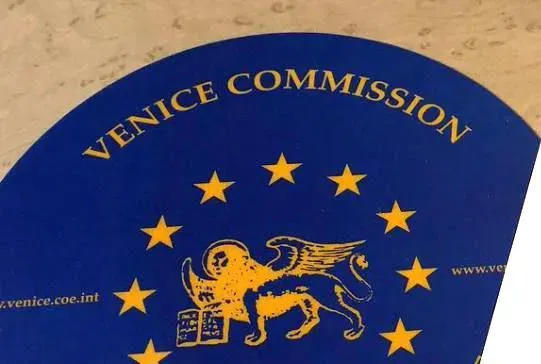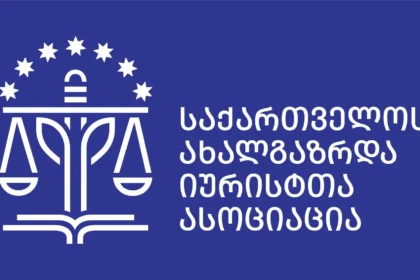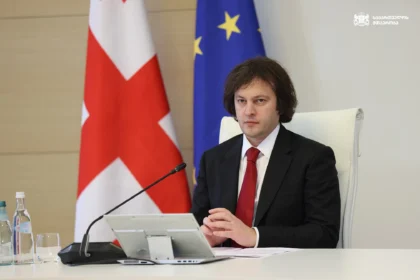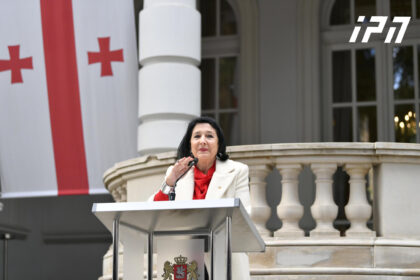According to the Young Lawyers’ Association, the Venice Commission requested to be involved as a third party in the case of the Georgian Law on Transparency and the so-called Russian Law in the Strasbourg European Court of Human Rights and submitted a written position.
As the organization states, according to the final conclusion of the Venice Commission, the legal framework created by the aforementioned laws violates the principles of legal clarity and necessity, and gives the government excessive discretionary power, which is inappropriate for a democratic society.
“In the document, the Venice Commission notes that it has already assessed the “Georgian Law on Transparency” and determined that the existing regulations are inappropriate for a democratic society. According to the Venice Commission, restrictions targeting civil society must be narrowly framed, clearly defined, and accompanied by effective safeguards against abuse. They must not be used to stigmatise or marginalise organisations based on their funding sources or perceived political positions. The disputed law fails this standard, as it contains overly broad and vague definitions – particularly “foreign power” and “organisation pursuing a foreign interest” – leaving a wide array of entities uncertain as to their status and obligations. The Law grants excessive discretion to the Ministry of Justice, lacks objective criteria for monitoring, and mandates the disclosure of sensitive personal data without justification. These powers may be exercised in the absence of any clear procedural safeguards, resulting in a manifest risk of arbitrary enforcement. The absence of guidance on implementing procedures further undermines legal certaint.
The Venice Commission recalled that transparency alone is not recognised as a legitimate ground for restricting fundamental rights under the ECHR. Legitimate restrictions must relate to specific public interests in the area of national security, public safety, or the prevention of disorder and crime. Although transparency may pursue those aims in certain contexts, the Law does not establish any concrete link to such objectives. Accordingly, merely increasing transparency cannot justify indiscriminate restrictions of fundamental rights. Restricting the ability of civil society organisations to operate undermines democratic debate and pluralism.
The Venice Commission also points out that the law is inconsistent with the principle of proportionality, as it threatens the financial viability of especially smaller organizations.
As regards necessity, the Venice Commission considers that the combined and discretionary application of the Law on TFI and the subsequent legislation on foreign influence (GEOFARA and the Law on Grants), each imposing burdensome and unpredictable obligations, risks producing even more disproportionate restrictions on the exercise of freedom of association. In the event that the current rules fail to achieve the purpose intended by the law, then they should be improved and additional new restrictive acts should not be adopted in parallel with the existing laws. Individually, and even more so when applied together, these measures create extensive and overlapping obligations, coupled with severe liability provisions, which disproportionately burden and subject to control those engaged in democratic oversight and the advocacy of right. Overall, in the Commission’s view, the complex legal framework created by the combination of these legislative acts should be regarded as incompatible with the principles of legal certainty and necessity in a democratic society,” the organization said in a statement.
GYLA: The Venice Commission requested to be involved as a third party in the case of the Russian law in the Strasbourg court and submitted a written position












